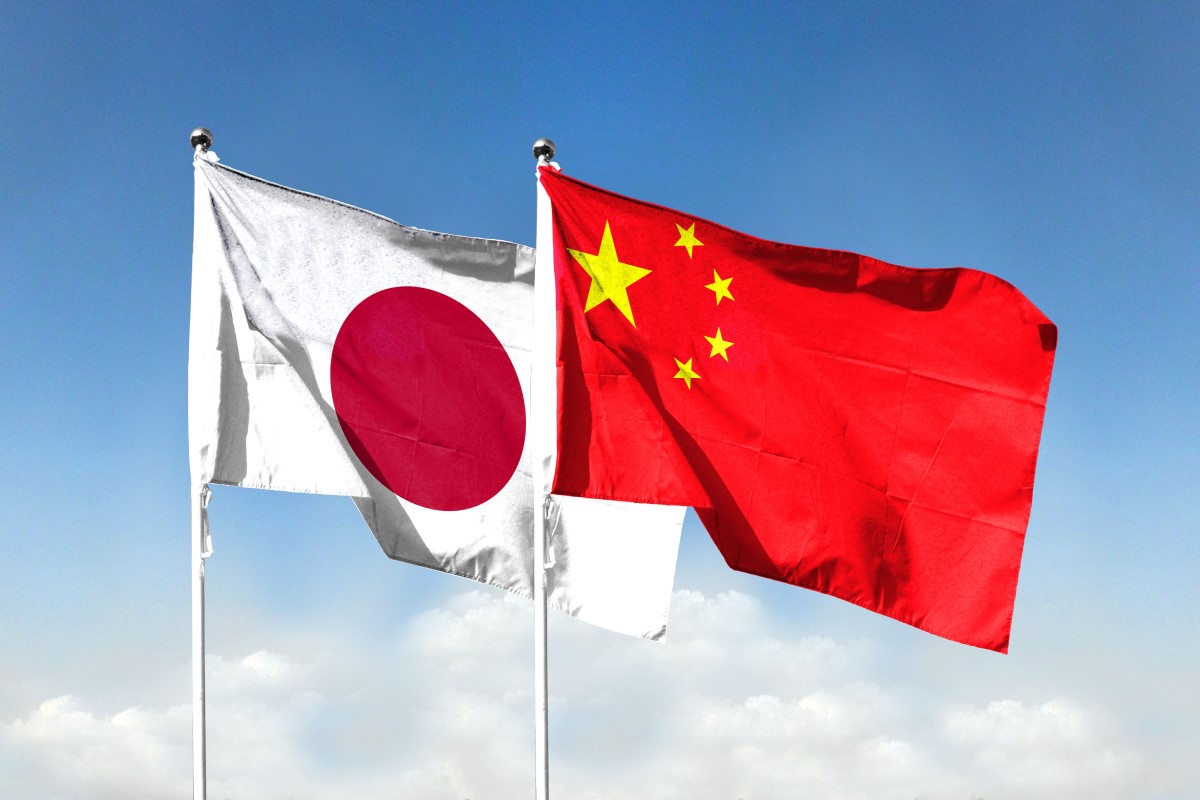This September, China and Japan celebrated the 50th anniversary of the normalization of diplomatic relations, but an era of “hot economics, cold politics” has set in. China-Japan relations have historically been strained, starting with the Sino-Japanese war and recently the dispute over the islands in the East China Sea.
While there are prolonged issues, economic ties between the two countries have never been better. However, Japan is now trying to wane its dependence on China, after the Covid-19 restrictions imposed by Beijing hit business in Japan.
“In Asia, the future appears more Chinese than Japanese. This is a sharp reversal from the time when Japan catapulted from postwar devastation to join the ranks of industrialized nations…and became a major source of capital and expertise for China to realize its growth ambitions,” US-based thinktank Brookings Institution says in a report.
For Japan, now the world’s third-largest economy after China overtook it in 2010, coming out of economic stagnation has become an important goal. The question is whether Tokyo will achieve higher growth with or without China.
The extent of China-Japan relations
Although political relations are strained over Japan’s support to Taiwan, which China claims as its own territory, and the dispute over the East China Sea islands, Japan seems to be highly dependent on China.
China is Japan’s biggest trading partner, while Japan is China’s second-biggest trading partner, with the total value of trade between the two countries amounting to $371.4 bn in 2021.
A report released by Japan’s government in February this year explored the economic relations of Japan, America, and Germany with China. Japan’s Cabinet Office found that China was the source of 23.3% of its imports, compared to 18.1% from the US and 8.5% from Germany.
Of the 1,133 categories of goods imported by Japan, over 50% came from China, the trade analysis report found. This is twice the reliance of the US on China, and even then, Washington has been engaged in a trade war with China over the past couple of years.
“In the event that exports from China are interrupted by a supply shock or shipping delays, it would be difficult for Japan to switch to other sources for many items … and the financial impact would be substantial,” the Cabinet Office said in its report.
Japan likely moved in a similar direction as the US after it passed the economic security bill in May 2022, citing supply chain concerns from China and the possibility of economic espionage. The economic security bill aims to strengthen and secure Japanese supply chains, develop on basic infrastructure, and spur innovation in key technologies. It also gives the Japanese government the authority to intervene in dealings between domestic and foreign companies.
“In the long run, people from China and Japan, especially those in economic circles, should strengthen communication and dialogue, understand each other’s concerns and core principles, safeguard the hard-won results of economic and trade cooperation between the two sides, and create good atmosphere for the 50th anniversary of the normalization of China-Japan diplomatic relations,” writes Yao Zeyu, an expert with Department for Asia-Pacific Studies at China Institute of International Studies.
Japan’s outward foreign direct investment (FDI) to China amounted to $10.02 bn in 2021, the lowest since 2016, as per Statista. On the other hand, China’s FDI to Japan was a mere $487 m in 2020.
What is Japan’s strategy?
China-Japan relations are deeply intertwined, but in recent months Japanese firms have been looking to go “zero-China”. The weakness in the yen, geopolitical risks arising from the Russian invasion of Ukraine, and other global supply chain constraints are pushing Japanese firms first to make a switch, Kiyoshi Imamura, the managing director of Tokyo Steel Manufacturing Co, said in an interview in May 2022.
Back in 2020 when the pandemic hit its shores, Japan announced a list of 57 companies that will receive $535 m in subsidies to open factories in Japan, and another 30 companies will be paid to move manufacturing to Southeast Asian countries.
More recently, the Japanese publication Asahi Shimbun reported that 135 companies that were manufacturing semiconductors, cosmetics, appliances, vehicles, and clothing are dismantling their operations in China. Between 2016 to May 2019, as many as 249 Japanese companies left China.
The acceleration in Japanese firms wrapping up their business in China is likely due to the zero-Covid policy of Beijing, which hit production of Toyota (down 9% yoy), Honda Motor (down 54% yoy) and Hino Motors (down 27% yoy).
Earlier this year, Japan joined the Indo-Pacific Economic Framework for Prosperity launched by US President Joe Biden, to counter China’s economic influence in the Asia-Pacific region.
However, Japan is also part of the free trade agreement Regional Comprehensive Economic Partnership (RCEP) which includes China and other Asian countries.


 Australia
Australia China
China India
India Indonesia
Indonesia Japan
Japan Malaysia
Malaysia Philippines
Philippines Singapore
Singapore South Korea
South Korea Taiwan
Taiwan Thailand
Thailand Vietnam
Vietnam







